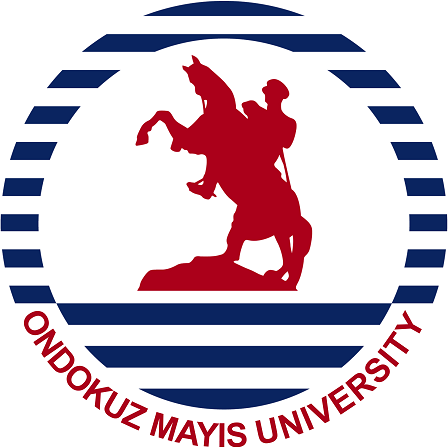In our country, midwifery education is continued at undergraduate level in universities in accordance with the protocol signed between the Ministry of Health and YÖK in 1992. In this context, as Ondokuz Mayıs University, the Midwifery Department of our Faculty of Health Sciences has been training midwives to work in health services since the 1997-1998 academic year until today. It is seen that the World Health Organization (WHO) has a series of conferences and declarations starting with the slogan "Health for All" in parallel with the changing and developing health needs. The common main theme of all conferences is equality in health, fairness, preventive health services and the protection and development of health and ensuring community participation. World Health Organization (WHO) '21. With the slogan 'Health for All in the 21st Century', he emphasized the importance of education that can help build a bridge between clinical and public health practice, which prepares health professionals to provide well-trained, good-quality, preventive, therapeutic and rehabilitative services in order to develop human resources for health services. A midwife is defined as a person who is trained to provide the necessary care and consultancy during pregnancy, at birth and after birth, to provide normal births under his own responsibility, to provide family planning consultancy to the care of the newborn. Accordingly, protecting and improving the health of the society plays a major role in preventing maternal and infant deaths. Among the health professionals, midwives are the health professionals who have the most contact with patients, both in the clinic and in public health practices. For this reason, the education of midwives has an important place in health education. Since its establishment, the Midwifery Department of Ondokuz Mayıs University Faculty of Health Sciences has worked devotedly to train midwives who can make a difference in the care of healthy/sick people and has always been open to change as a requirement of developments in the field of health. For this reason, it has always made its voice heard on the scientific platform and aims to train midwives at international standards with its developing and growing academic staff. Educational Objectives of the Midwifery Program;
EA1. To train innovative and contemporary midwives who have the theoretical knowledge and skills to adopt the basic theories, concepts and principles of the midwifery profession, and who are aware of their professional roles and responsibilities.
EA2. In basic health services, women, pregnant women, mothers and newborns during pre-pregnancy, pregnancy, birth and post-natal periods; To train midwives who can handle professional ethical principles with a holistic understanding within the family and society, and provide consultancy and training at a level that will protect and improve health and meet care needs.
EA3. To train midwives who will use information and care technologies in line with the midwifery process with an evidence-based and holistic approach, communicate effectively, through intra-professional and inter-professional collaboration within the healthcare team.
EA4. To train researcher midwives who will continue their professional and personal development in order to improve midwifery practices with the awareness of lifelong learning.
